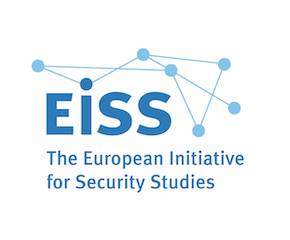Speaker
Description
Conflicts are increasingly complex. As a result, much is being written on e.g. the changing character of war, the blurring between peace and war and the weaponization of means outside the conventional military domain. Often these developments are described as grey-zone or hybrid warfare and are examined at the level of war. Very little, however, is known on how military personnel on the ground experience this complexity in their daily work. This paper contributes to filling this gap. It focuses on the experiences of the Multinational Corps North-East in Poland and the Baltic States against the background of the Russo-Ukrainian war, Belarusian migrant crisis and NATO’s response to these and other challenges on its north-eastern flank. The research is based on extensive data collection, including more than 50 semi-structured interviews with NATO military intelligence personnel at various levels (corps, division, battlegroup) as well as numerous observations during the 4 field visits the authors made. The analysis is structured around the personnel’s perception of the operational environment, their comprehension of complexity and how NATO has organized intelligence for dealing with such complexity. The conclusion draws on the nexus of complexity science and organizational theory to reflect on the organizational validity of military intelligence with regard to complex problems.
| What discipline or branch of humanities or social sciences do you identify yourself with? | Intelligence studies and organizational studies |
|---|---|
| If you are submitting an Open Panel proposal, have you included all four abstracts in attachment? | No, I am submitting a Closed Panel abstract |
| Are you a PhD student or early-career researcher? | Yes |

